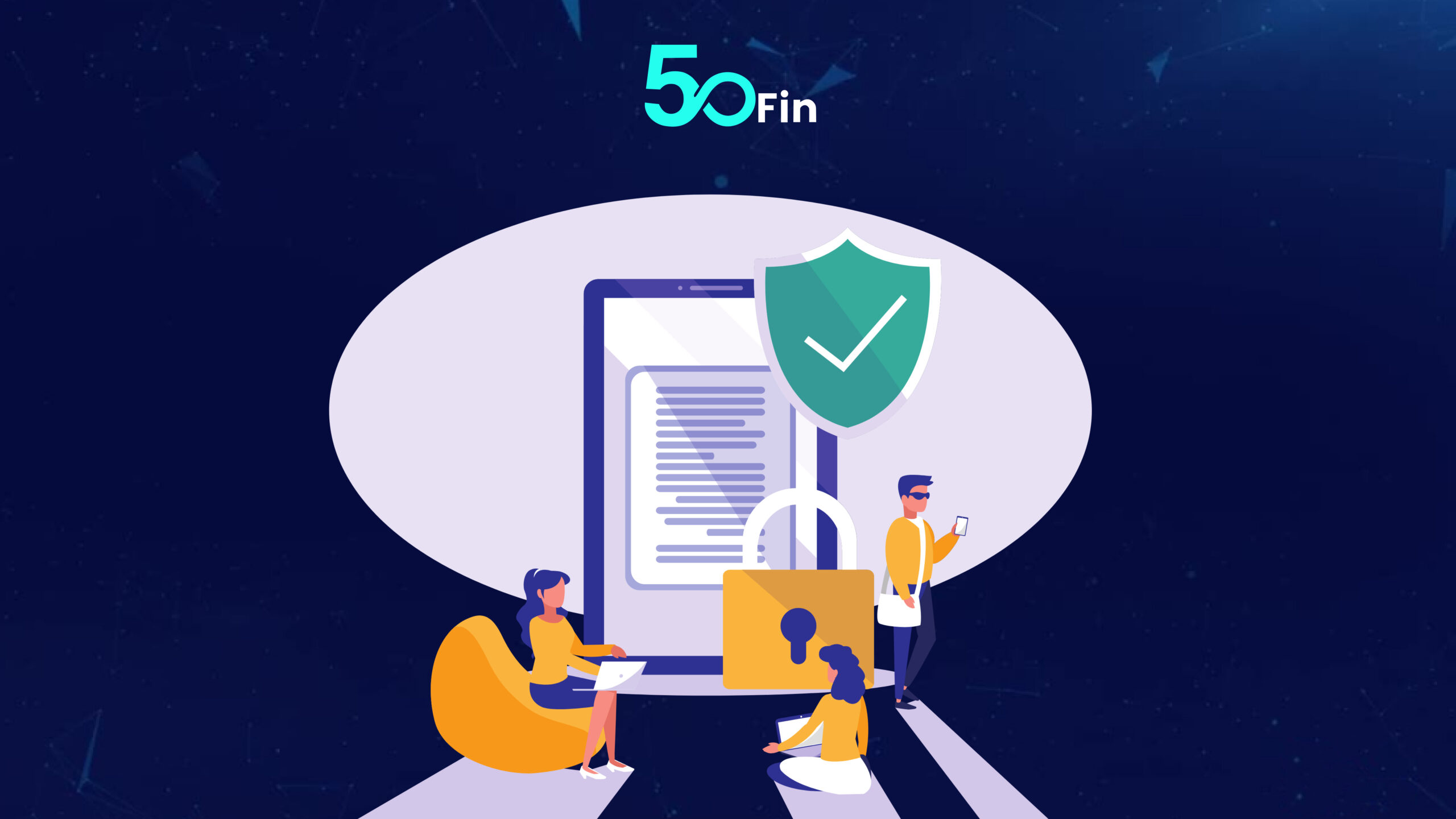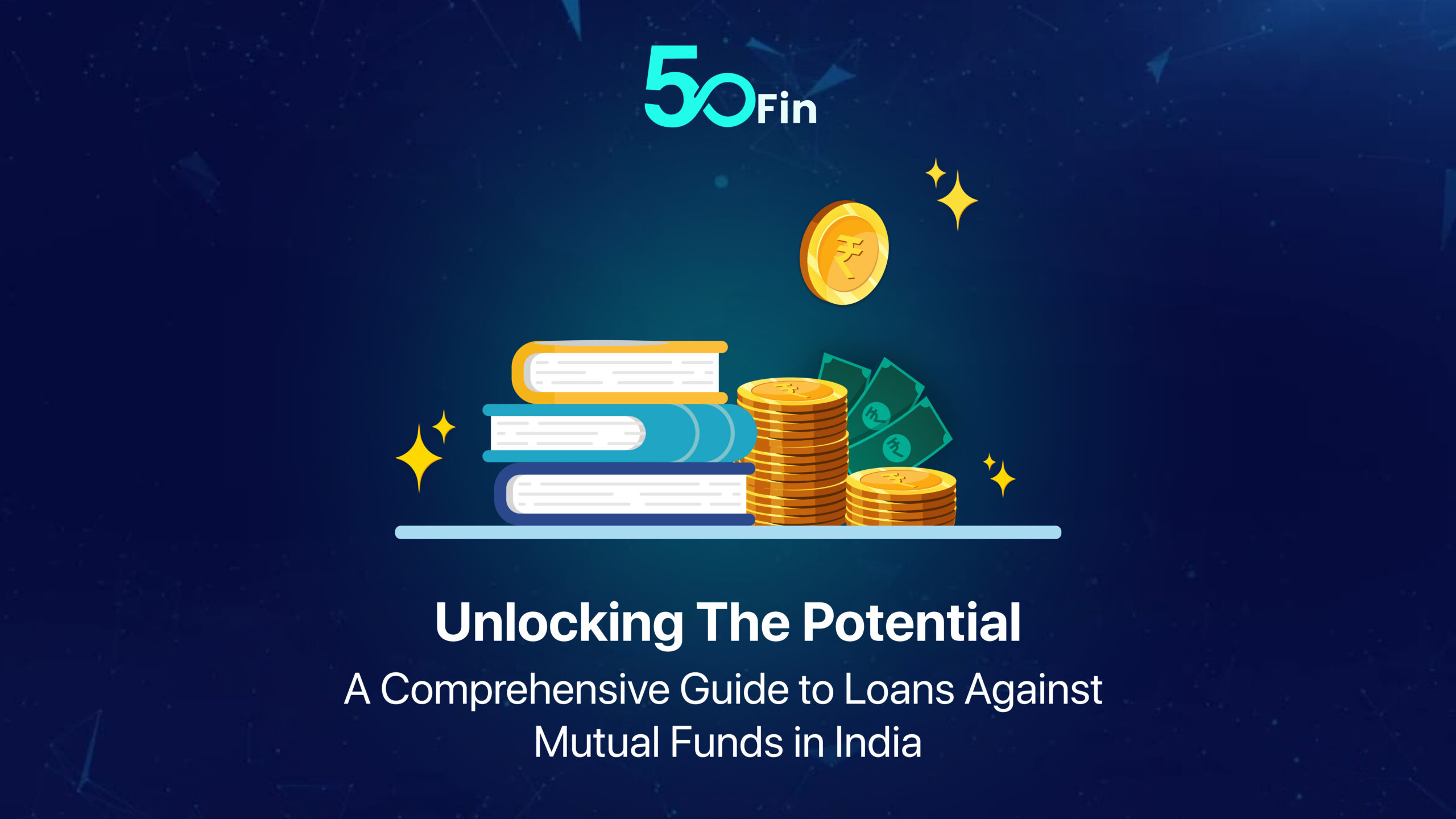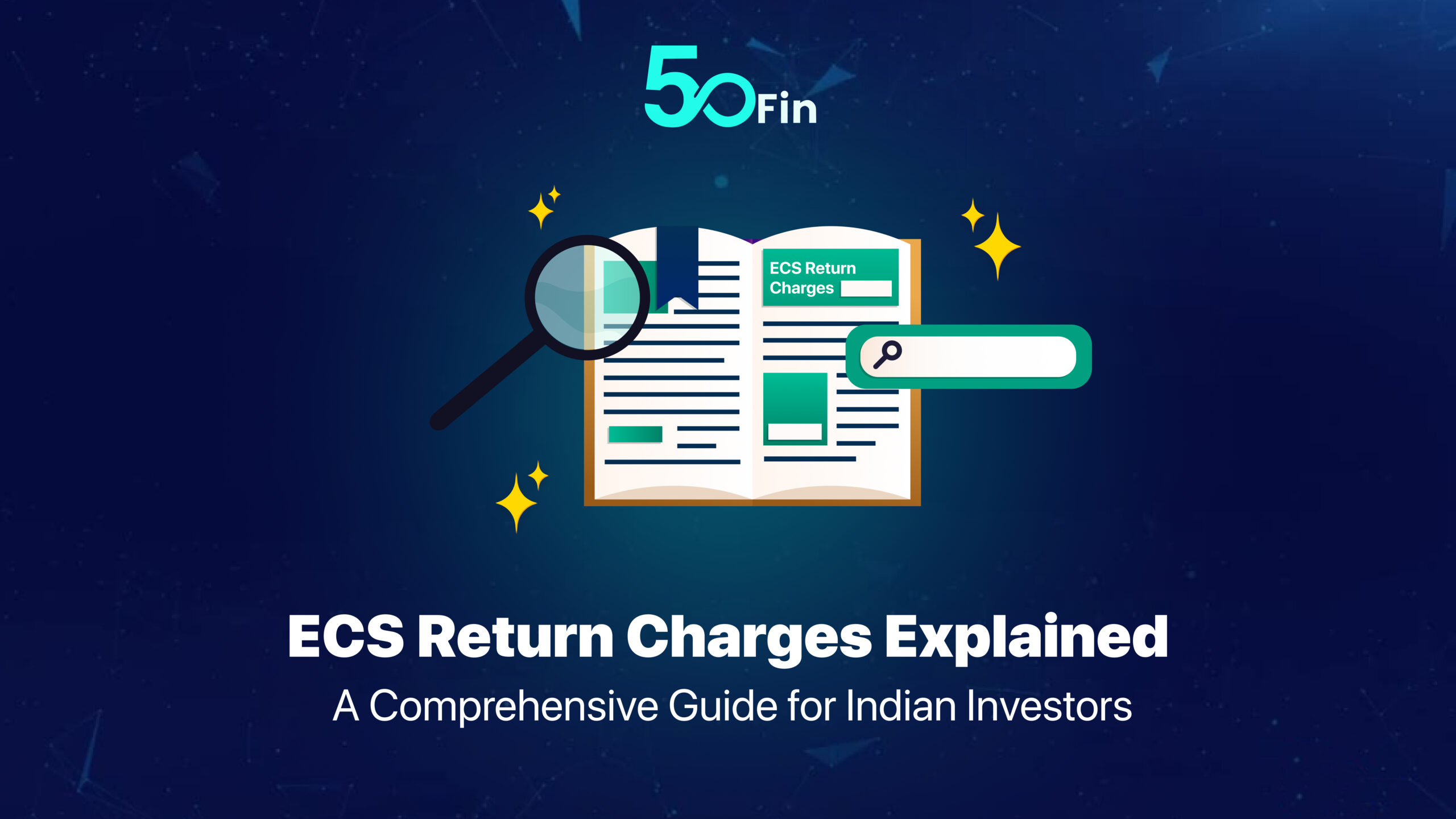
Secured vs. Unsecured Loans: Which Is Right for You?
Today, we’ll dissect the two main loan types: secured and unsecured, to help you pick the perfect weapon for your financial battle. Life throws financial curveballs, and sometimes, a loan is the answer. But with so many options, choosing the right one can feel like deciphering ancient scrolls. Fear not, brave borrower! Let’s dive deep into it.
Secured Loans: The Armoured Ally
Imagine a loan backed by collateral, like a knight with a trusty shield. Secured loans require you to pledge an asset, like a car or house, as security. If you default (can’t repay), the lender can seize the asset.
Pros:
- Lower Interest Rates: Since the lender has collateral as a safety net, they’re often willing to offer lower interest rates compared to unsecured loans.
- Larger Loan Amounts: The security of collateral allows lenders to offer bigger loan amounts for secured loans.
- Can Improve Credit Score: Making timely payments on a secured loan can positively impact your credit score.
Cons:
- Risk of Losing Collateral: If you default, you could lose your valuable asset.
- Restrictions on Using Collateral: The pledged asset might be restricted until the loan is fully repaid.
Unsecured Loans: The Agile Avenger
Think of an unsecured loan as a skilled fighter, relying on creditworthiness instead of collateral. These loans are based on your financial history and ability to repay. Examples include personal loans and credit cards.
Pros:
- No Collateral Required: You don’t need to pledge any assets, offering more flexibility.
- Faster Approval Process: Unsecured loans often have a quicker application and approval process compared to secured loans.
- Good for Building Credit: Using unsecured loans responsibly and making timely payments can help build your credit score.
Cons:
- Higher Interest Rates: The lack of collateral translates to higher interest rates for the lender, which gets passed on to you.
- Lower Loan Amounts: Unsecured loans typically come with smaller loan amounts compared to secured loans.
So, Which Loan Should You Choose?
The answer depends on your financial goals and risk tolerance:
- Need a large sum for a major expense like a car or house? Consider a secured loan if you have a valuable asset to pledge and are comfortable with the risk.
- Looking for a smaller loan for unexpected expenses or debt consolidation? An unsecured loan might be a good option if you have a good credit score and can handle potentially higher interest rates.
Remember:
- Compare Offers: Shop around and compare interest rates and terms from multiple lenders before making a decision.
- Borrow Responsibly: Only borrow what you can comfortably repay, regardless of the loan type.
By understanding the strengths and weaknesses of secured and unsecured loans, you can choose the right financial weapon to conquer your goals and emerge victorious!
FAQs
When would a secured loan be a better choice?
Secured loans are ideal for situations where you need a larger loan amount, like for a car or house purchase. They often have lower interest rates due to the collateral offered, and can even help improve your credit score with on-time payments. However, be aware of the risk of losing your collateral if you default on the loan.
What are the advantages of unsecured loans?
Unsecured loans offer flexibility as they don’t require putting up any assets as collateral. This makes them a good option for smaller, unexpected expenses or debt consolidation. The application process is typically faster as well. Responsible use of unsecured loans with timely payments can also help build your credit score.
What are the drawbacks of unsecured loans compared to secured loans?
The biggest downside of unsecured loans is the higher interest rate compared to secured loans. This is because lenders take on more risk without collateral. Additionally, unsecured loans typically come with smaller maximum loan amounts.
What should I do before applying for any loan?
Always compare offers! Before committing to a loan, research and compare interest rates and terms from multiple lenders to find the most favorable deal. Remember to only borrow what you can comfortably repay, regardless of whether it’s a secured or unsecured loan.
Get FREE Eligibility Report
Instantly check your eligibility for Loan Against Mutual Funds
- No Minimum CIBIL Required
- 100% Digital
- 4 Working hour disbursal
Looking for Loan Against Stocks?
Recent Articles
This comprehensive guide covers everything you need to know about loans against mutual funds in India, including benefits, eligibility criteria, interest rates, risks, the application process, and frequently asked questions.
This guide provides a comprehensive view of NSE and BSE stock market holidays for 2025, highlighting opportunities for long weekends and essential details for every trader. Use this resource to check if the Indian stock market is open today, plan for share market holidays tomorrow, or get insights into market closures throughout the year.
For Indian investors and borrowers, understanding ECS return charges and learning how to avoid them is crucial. This comprehensive guide covers everything you need to know



